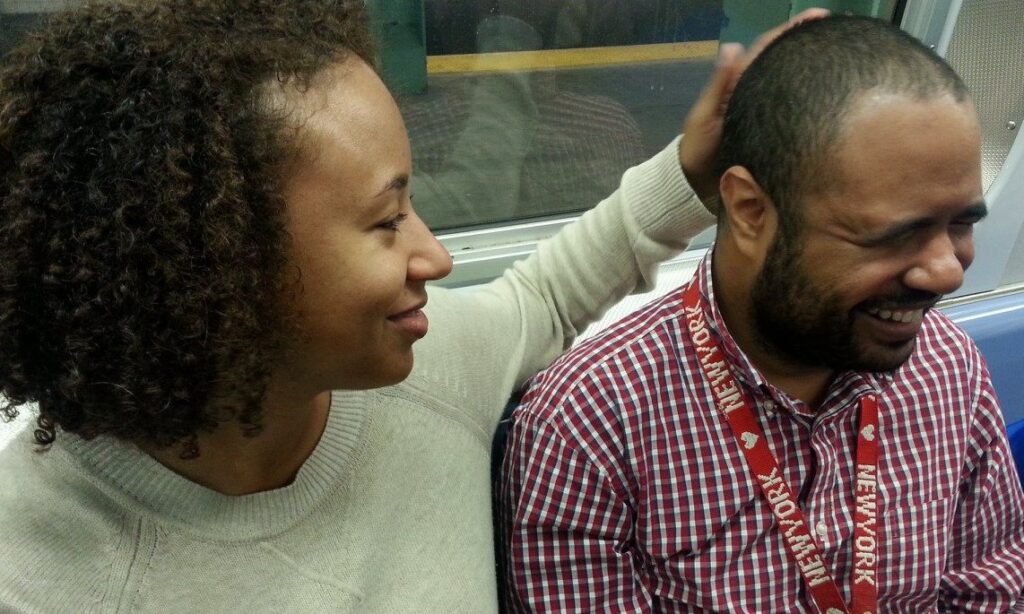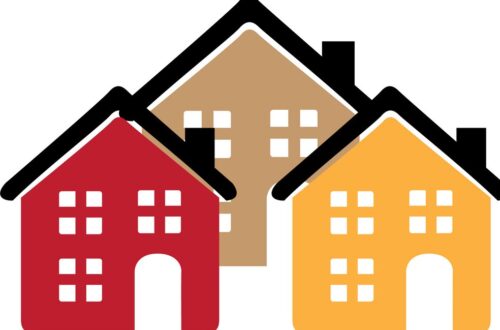Both Sides of the Coin: Reflections of an Occupational Therapist Whose Brother Has Autism
As a young child, my career goal was to become a veterinarian. At the age of 10, I knew I would attend Cornell University, graduate, and help animals in need. When asked whether my brother would have an effect on my career choice, my answer was always, “No.”
Needless to say, life has a way of changing one’s plans. I attended undergraduate school at Bucknell University, with a double major in Spanish and Animal Behavior. Instead of veterinarian school, I graduated from Long Island University (LIU; Brooklyn Campus) with my Master’s in Occupational Therapy. While at LIU, I received a scholarship from the Department of Education in New York City. In exchange for tuition payment, I would work for this organization for 3 years. This was my first job. To obtain extra income, I also worked for about 8 years for the Young Adult Institute as an occupational therapist in the adult group homes with people with developmental disabilities.
My brother, Jason , always had an impact on my life. My mother states that when I was young, she had to remind me that she was the mommy and she knew how to take care of Jason. Even though I was the younger sibling by 3 years, I always knew I had to support and protect him. My achievements in life were always for Jason. I knew he wouldn’t have the same opportunities as I did, so I always worked twice as hard to obtain achievements for both of us. Jason even had an effect on my choice of friends. If people couldn’t understand or interact with my brother, they were no longer present in my tight-knit circle of friends. I used the same method for dating. I had no desire to date a man who had no interest in learning about my brother.

Nevertheless, when I finally became an occupational therapist, I didn’t realize the profound effect Jason would have on my career. Living with my brother has given me an enormous amount of patience to work with children and adults on the spectrum. There are times when I look into clients’ eyes and there is an unspoken connection. I am able to know when to upgrade a task or provide a short break for a client. I can empathize when a client has an outburst and provide soothing comfort when they are over stimulated. I feel at home working with this population because it is my norm; it is a world that I know well. This side of the coin gave me the gift of being the best occupational therapist that I can be.
The other side of the coin allows me to empathize with parents and family members. I understand the dreaded feeling of embarrassment when people stare at my brother while he’s exhibiting disruptive or unusual behavior. Years ago, I had to constantly explain what autism was. Although I no longer have to explain this condition, I will always feel the need to let others know about it. I understand worrying about the future. I think about what will happen as
Jason gets older and what his life will be like living in a residence. Will the staff treat him as I would want him to be treated? Do I have to worry about abuse or neglect? Will Jason be able to tell me whether some one has hurt him?
Having been through this experience, I can be a listening ear for clients’ families. I can provide resources and ideas they might not have thought of, and that my family has actually tried. In this realm, I can use my occupational therapy skills to help families navigate complicated systems as well as everyday life. As I reflect on my experiences and my career thus far, one question continues to come up: Do I wish my brother didn’t have autism? This is complicated. If it meant my brother could express and accomplish his life goals, then I would want that for him. If it meant I would have fewer “burdens,” then I wouldn’t change anything! Jason has helped me to develop into the woman, mother, and occupational therapist that I am today. The ability to see and understand both sides of the coin is a blessing.


